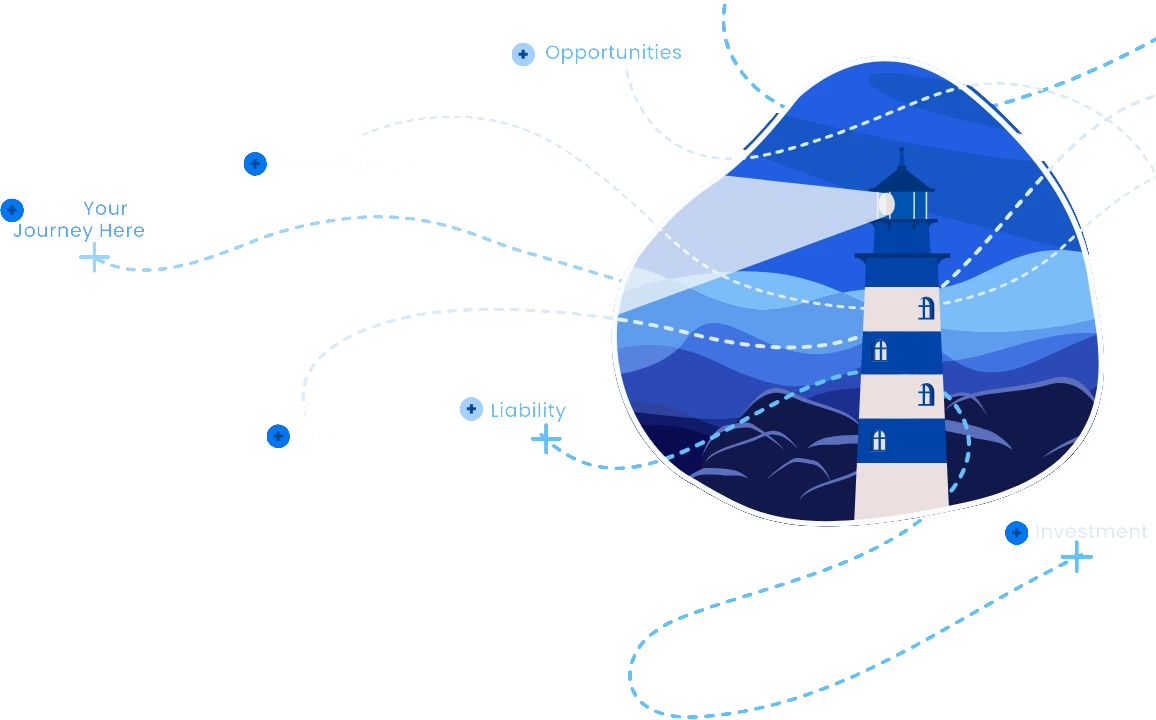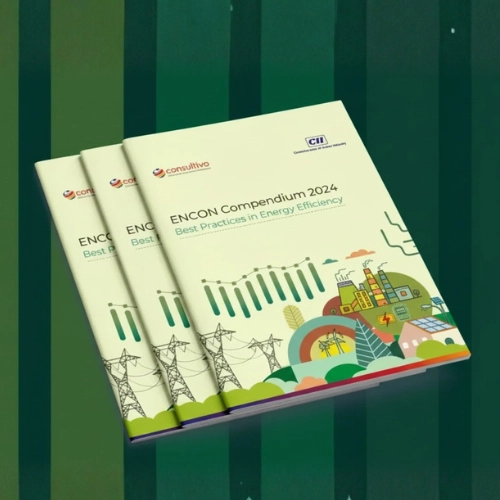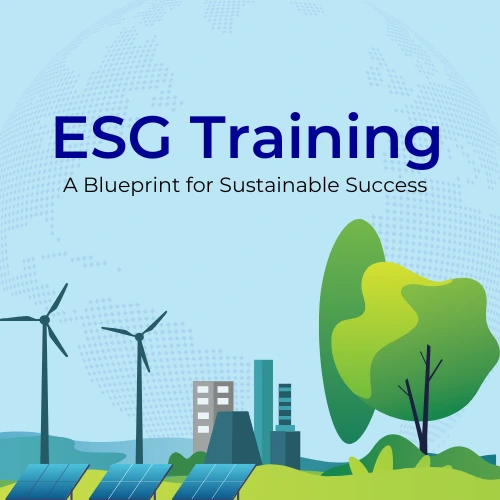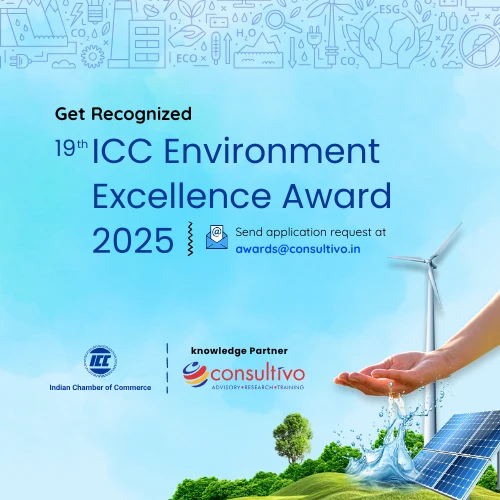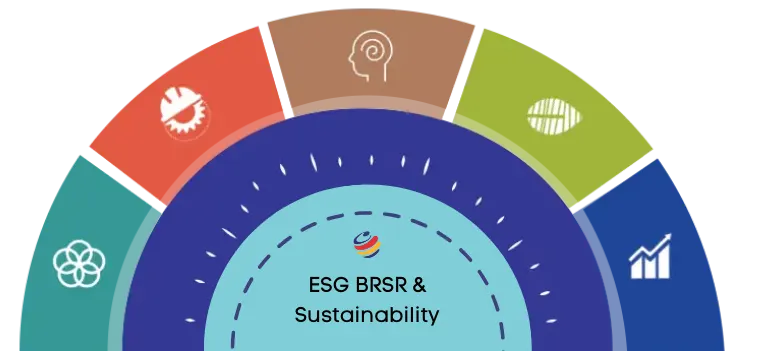ESMS Consultants - environmental and social management system
ESMS Consultancy & Audit Solutions | Environmental and Social Management System
IFC (World Bank Group) Approved Independent Consultant







1000+
consulting and audit assignments
Ready to serve anywhere you are
Across the continents
14+ years
at the forefront of ESG, ESMS and Sustainability Advisory Space
20+ types of Industry Sectors
Financial Institutions, Manufacturing Organisations including Steel, Lead, Mining, Construction, Agri-Business, FMCG, Power & Utility, Service Organisations like Educational Institutions, Healthcare, Hospitality, Logistics and many more
ESMS Consultancy & Audit Solutions
The Environmental and Social Management System ESMS plays a pivotal role in promoting sustainable practices.
In an era of heightened environmental awareness, businesses and organisations are realising the significance of integrating environmental and social considerations into their operations.
We support you to develop and implement a management system addressing common environmental, occupational health and safety (OHS), labour, and community risks and impacts that companies are likely to face.
What we offer
Advisory services on Environmental and Social Management System and ESMS Framework
Design and implementation of ESMS systems/procedures as per international standards like IFC Performance Standards, Environmental and Social Standards (ESS) or equivalent.
Our ESMS Solutions come with
a. A gap assessment audit (ESMS Audit) depicting the ‘as-is’ ESMS maturity level of the organisation
b. System development – includes design of the ESMS framework, risk assessment, developing documented policies and procedures,
c. System implementation – helping the organisation to put things into practice
d. Training and capacity building programs for your management and the implementation team
e. A customised self assessment checklist that can be used by your internal team
Training on ESMS
We conduct bespoke training courses on ESMS and its components (like social, environmental, occupational health & safety, management systems, internal audit etc.)
We customise our ESMS training programs for different target groups like –
Independent ESMS Audit & maturity level assessment of an entity
Our ESMS Audit or maturity level assessment protocol is based on IFC toolkit and the assessment is customised for your industry sector and organisational context.
Maturity levels are assessed in a scale of 0 to 5.
They also establish the basis for improvement opportunities.
ESMS for projects
Development of a project ESMS framework that will provide a systematic procedure to assess projects for potential adverse environmental and social impacts.
It shall assure that negative impacts are avoided or minimised to the extent possible while promoting positive impacts.
It may include –
Navigating the way to
ESG & Sustainability Due Diligence
Supporting Investment – Merger – Acquisition
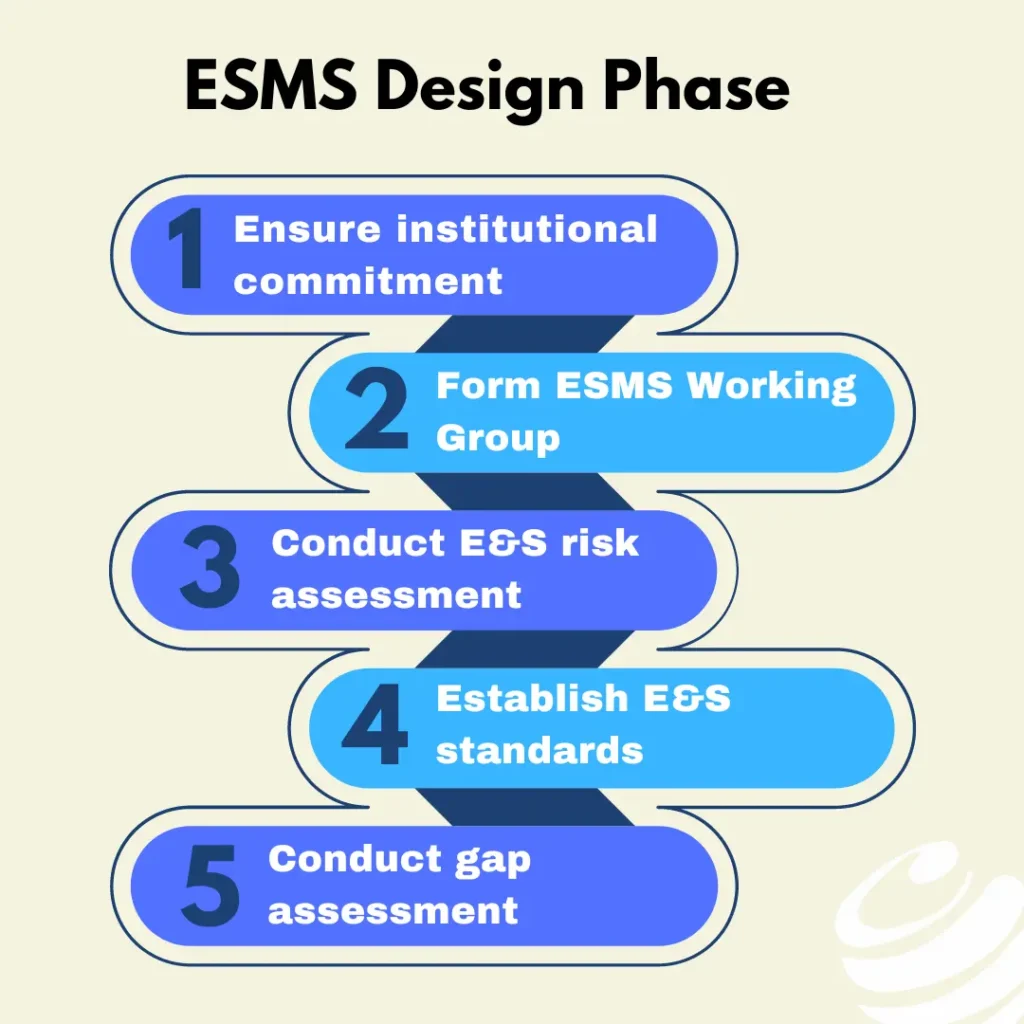
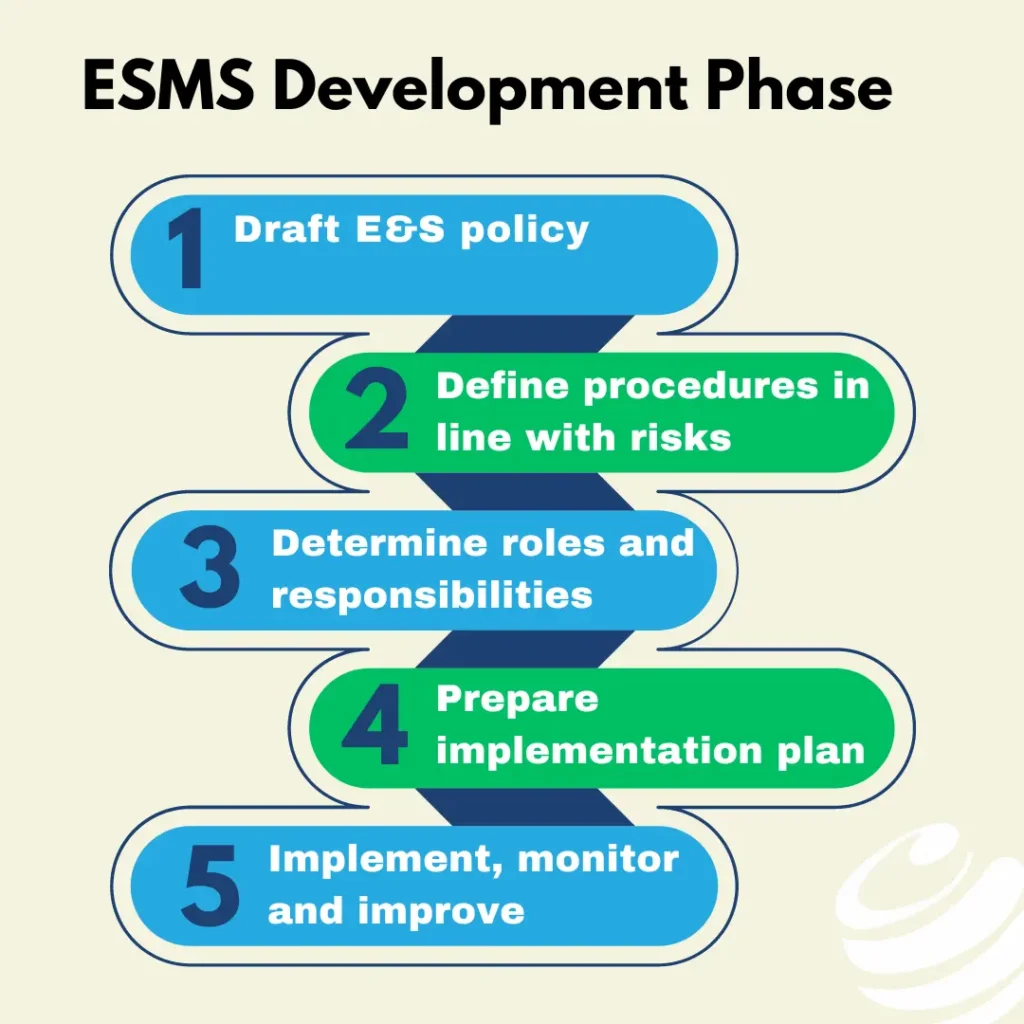
Implementation Stages of ESMS:
1.
Policy Development and Commitment:
2.
Identification and Assessment of Risks:
3.
Legal Compliance and Regulations:
4.
Setting Objectives and Targets and Management Programs:
5.
Organisational Capacity and Competency:
6.
Emergency Preparedness and Response:
7.
Stakeholder Engagement:
8.
External Communications and Grievance Mechanisms:
9.
Implementation:
10.
Ongoing Reporting to Affected Communities - Reporting and Communication:
11.
Monitoring, Review and Improvement:
Read the impact story of Establishing A Robust ESMS To Manage The Environmental And Social Risks
“There are thousands of environmental and social codes and standards in the world today. The codes and standards define the rules and the objectives.
But the challenge is in the implementation.
An environmental and social management system (ESMS) helps companies to integrate the rules and objectives into core business operations, through a set of clearly defined, repeatable processes.”
International Finance Corporation (IFC)
ESMS Full Form - What is ESMS?
The ESMS full form is Environmental and Social Management System. It is a structured framework designed to help organisations manage their impacts on the environment and society.
ESMS empowers companies to adopt a holistic approach, fostering responsible practices while ensuring compliance with regulations.
ESMS serves as a bridge between sustainable aspirations and actionable strategies, with a primary goal of minimising adverse effects and maximising positive contributions.
Embrace ESMS for a Sustainable Future
In our current global economy, the significance of environmental and social responsibility continues to rise. With numerous environmental and social codes and standards worldwide, these regulations establish the guidelines and goals.
However, the real hurdle lies in execution. This is where an Environmental and Social Management System (ESMS) steps in, aiding businesses in seamlessly embedding these rules and objectives into their fundamental operations via well-defined, reproducible processes.
As global awareness of environmental and social concerns grows, the adoption of ESMS becomes not just a choice but a necessity.
By integrating ESMS into your organisation’s operations, you take a significant step towards responsible growth, demonstrating your commitment to safeguarding the planet and supporting communities.
grades.
Success factors for ESMS in Your Organization:
Implementing ESMS involves a customised approach that aligns with your organisation’s values and objectives. It requires leadership commitment, stakeholder involvement, and consistent communication. As you embark on this journey, consider these steps:
- Leadership Buy-In: Secure support from top management to drive the ESMS implementation process effectively.
- Cross-Functional Team: Create a team responsible for planning, executing, and monitoring ESMS initiatives.
- Engage Stakeholders: Involve employees, customers, suppliers, and communities to ensure a comprehensive approach.
- Set Realistic Goals: Define achievable goals that align with your organisation’s mission and vision.
- Invest in Training: Provide training to employees to ensure they understand their roles in implementing ESMS.
- Regular Evaluation: Continuously assess progress, celebrate successes, and identify areas for improvement.
Embrace ESMS for a Sustainable Future
In our current global economy, the significance of environmental and social responsibility continues to rise. With numerous environmental and social codes and standards worldwide, these regulations establish the guidelines and goals.
However, the real hurdle lies in execution. This is where an Environmental and Social Management System (ESMS) steps in, aiding businesses in seamlessly embedding these rules and objectives into their fundamental operations via well-defined, reproducible processes.
As global awareness of environmental and social concerns grows, the adoption of ESMS becomes not just a choice but a necessity.
By integrating ESMS into your organisation’s operations, you take a significant step towards responsible growth, demonstrating your commitment to safeguarding the planet and supporting communities.
grades.
The Advantages of ESMS
- Introduces a management system framework
- Creates a base for Resilience and Risk Mitigation – An effective management system will enable you to consistently foresee and address issues confronting your business so you can prevent potential risks from becoming actual problems. ESMS helps organisations identify vulnerabilities, enabling timely intervention and minimising risks.
- Enhances Efficiency and Cost Savings: Optimising resource usage leads to cost savings, strengthening an organisation’s financial health.
- Reputation Enhancement: Demonstrating a commitment to sustainability can boost an organisation’s reputation and attractiveness to socially conscious consumers.
- Innovation and Competitive Edge: ESMS fosters creativity in finding eco-friendly solutions, positioning organisations as industry pioneers.
- Regulatory Compliance: By adhering to regulations, organisations avoid fines and legal entanglements, safeguarding their operations.
- Positive Social Impact: ESMS ensures that organisations contribute positively to the well-being of employees, communities and society at large.
What are the national and international standards and guidelines available for ESMS?
There are several national and international standards and guidelines available for Environmental and Social Management Systems (ESMS). These frameworks provide organisations with guidance on implementing effective systems to manage their environmental and social impacts. Here are some of the most prominent ones:
IFC Performance Standards (H3)
The International Finance Corporation (IFC) has developed a set of Performance Standards that provide guidelines for managing environmental and social risks in projects and business operations. These standards are often used by financial institutions and project developers to assess and manage potential impacts.
ISO 26000: Guidance on Social Responsibility
ISO 26000 offers guidance on social responsibility, covering principles and practices for organisations to operate in a socially responsible manner. It provides a comprehensive framework for addressing social issues and stakeholder concerns.
ISO 14001: Environmental Management Systems
ISO 14001 is an international standard that outlines requirements for an environmental management system. It provides a systematic approach for organisations to manage their environmental impacts, enhance sustainability, and comply with regulations.
Equator Principles
The Equator Principles are a set of voluntary guidelines adopted by financial institutions for assessing and managing social and environmental risks in project financing. They are widely used for infrastructure and industrial projects.
UN Global Compact
The United Nations Global Compact is a voluntary initiative for businesses to commit to aligning their operations and strategies with ten universally accepted principles in the areas of human rights, labour, environment, and anti-corruption.
GRI Standards:Sustainability Reporting
The Global Reporting Initiative (GRI) provides a framework for organisations to report their sustainability performance. The GRI Standards help companies disclose their environmental and social impacts in a transparent and standardised manner.
OECD Guidelines for Multinational Enterprises
The Organisation for Economic Cooperation and Development (OECD) offers guidelines that multinational enterprises can use to ensure their operations are conducted in a responsible and sustainable manner, taking into account social and environmental considerations.
SA8000: Social Accountability International
SA8000 is a certification standard developed by Social Accountability International, focusing on labour and social standards in the workplace. It addresses issues such as child labour, forced labour, and working conditions.
The World Bank ESS 1: Assessment and Management of Environmental and Social Risks and Impacts
It sets out the Borrower’s responsibilities for assessing, managing and monitoring environmental and social risks and impacts associated with each stage of a project supported by the Bank through Investment Project Financing (IPF), in order to achieve environmental and social outcomes consistent with the Environmental and Social Standards (ESSs)
These standards and guidelines serve as valuable resources for organisations seeking to establish robust Environmental and Social Management Systems. It’s important to choose the ones that align best with your industry, operations, and sustainability goals.

Let's discuss

Impact Stories
The impact we create. The excellence we inspire.
Know our stories as we partner in the ESMS, ESG and Sustainability Journey of different organisations as an impact consulting firm.
Book a time slot – WA your requirement – Talk to our representative: +91 983111 45556

ESMS Consulting Project: Review, Due Diligence, Design & Implementation of Environmental and Social Management System.
The food processing giant has significant impact to the overall socio-economic development of Bangladesh. They are one of the largest food processing/agribusiness organisations in the country. They produce more than 200 food products exports to 100+ countries of the world.
We helped our customers create a customised Environmental and Social Management System framework with a set of policies, procedures, tools and internal capacity to identify and manage their investor’s exposure to the environmental and social risks.
We helped them to put requirements to practice, understand and manage risks that could affect their investors.
Relevant Standards and Protocols used:
IFC Performance Standards, World Bank EHS Guidelines, ISO 26000, ISO 14001, OHSAS/45001, AA 1000 SES , SA8000, Good Industry Practices
Industry
Food Processing & Agri-business | Impact Investment | Development Financing
Multiple Locations in Bangladesh
2500+ workforce
Featured Insights
GLOBAL Experience




